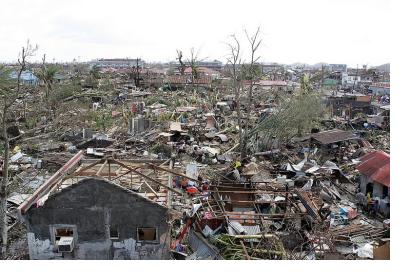From 12-13 November 2013, the Global Disaster Alert and Coordination System (GDACS), a cooperation framework under the UN umbrella, met in Brussels to draw up benchmarks that regional crisis centres can use to improve coordination. There are eight regional crisis centres in the world and also two global crisis centres run by the UN, which compile, analyse and share information in the early days of a disaster, sending out alerts and providing needs to aid humanitarian responders and maps of affected areas. However, it is crucial to improve coordination among the centres.
According to officials from the ERCC, global crises and disaster management lacks formal set of rules that regulates the procedures and standards of interaction between national and international authorities during crises. “There are no formal international procedures or standards to ensure how crisis centres would interact in a crisis” Thomas Peter, manager of the ERCC and the GDACS secretariat says, “harmonized performance standards for national and regional crisis centres would significantly improve the quality and timeliness of information analysis in support of decision-making in emergency response”. For this purpose, the benchmarks drawn up in Brussels constitute the first steps towards preparing for a crisis that would require a global response.
Another aim is to build more regional crisis centres in Latin America and Africa, since there are currently none in these regions, in order to facilitate their preparedness and coordination of disaster response. The meeting also presented new tools that could be use to upload and analyse information as a crisis unfolds such as Asign and SARWeather. One of the sessions covered the use of crowd-sourced information gathered through social media, although some of the attendees were skeptical about its quality.

